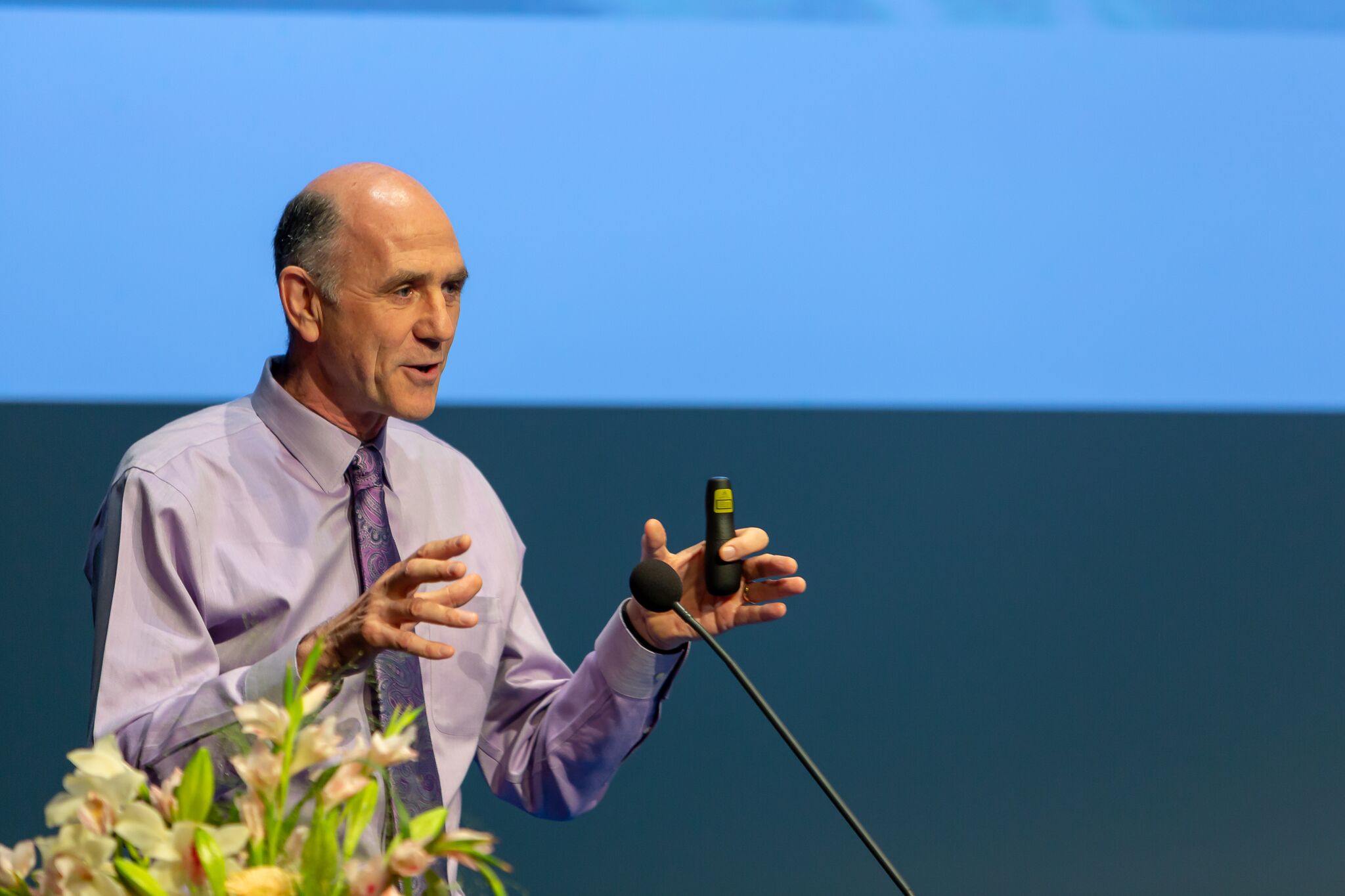Is it Loving?

Tom O’Connor recently gave a keynote address on leadership at a conference in Estonia for the prison and probation directors from the 47 member states of the Council of Europe. He encouraged these leaders to ask four questions about their work that build on each other.
1) What is it? This first question is a question for understanding, it seeks to identify and clearly articulate what the agency is actually doing and why. For example we are doing X because that will reduce recidivism.
2) Is it so? This is a question for truth, it requires research and seeks to know whether or not the work is working. Does doing X actually reduce recidivism?
3) Is it Good? This is a question for morality, ethics and justice, it seeks to know if the work is in line with social values and human rights. Is X available equally to people of all races?
4) Is it Loving? This is a question for humanity, mercy and meaning, it includes but goes beyond questions of justice to questions of restoration.
O’Connor asks prison administrators to transform the facilities they run by making more loving decisions. The love of which he speaks has nothing to do with romance; rather, but speaks to practicing humanity. When we love another person, we offer up our own humanity and encourage that person to reciprocate. O’Connor does not argue that security standards should be lowered and insists that everyone’s safety must be protected in prisons. However, he also encourages those who run prisons to actively question the ethics and fairness of their policies and procedures. He then takes this process one step farther and asks how loving those policies and procedures are. We want our families, communities, schools, and hospitals to be places of compassion, why not our prisons? O’Connor finds that most people can get to the question of ethics—whether their choices serve a common good—but most struggle with the idea of making loving choices about a prison system. He insists that we do not find the fullness of human meaning at the level of defining morality; we reach the fullness of human dignity only through love.
The is it good and is it loving questions operate at two different levels of meaning. Can we in the present moment, in the complex and high stakes environments of the world’s prisons, make loving choices about how we work with people? O’Connor sees loving forms of programming in prisons as key to the kind of shift he would like to see.
Excerpted from a forthcoming book on Theatre and Prisons by Professor Ashley Lucas, Director of the Prison Creative Arts Project, University of Michigan
